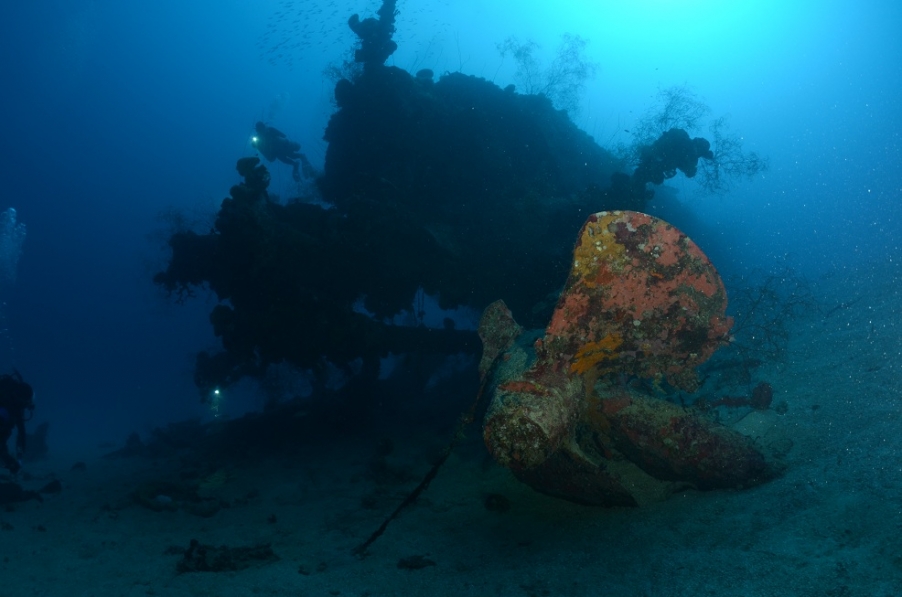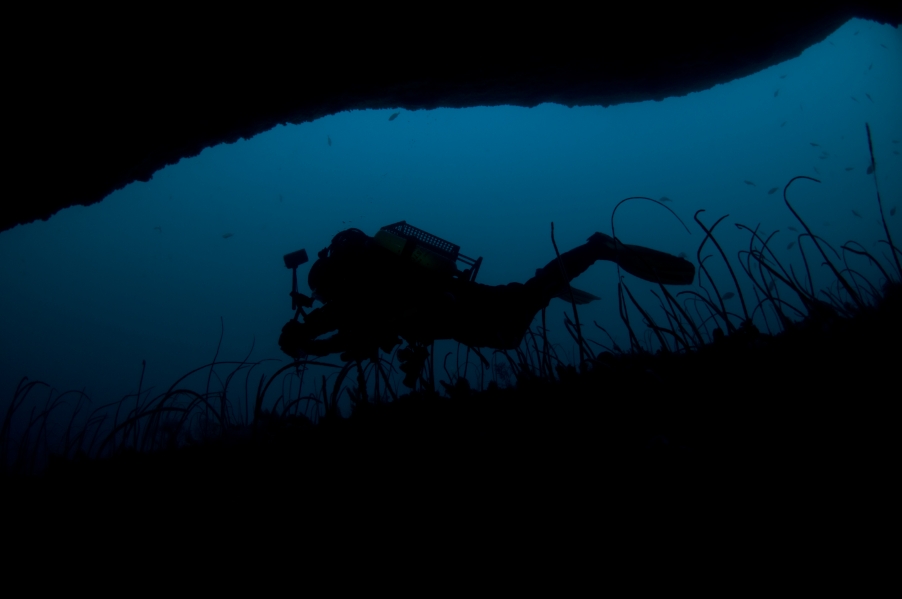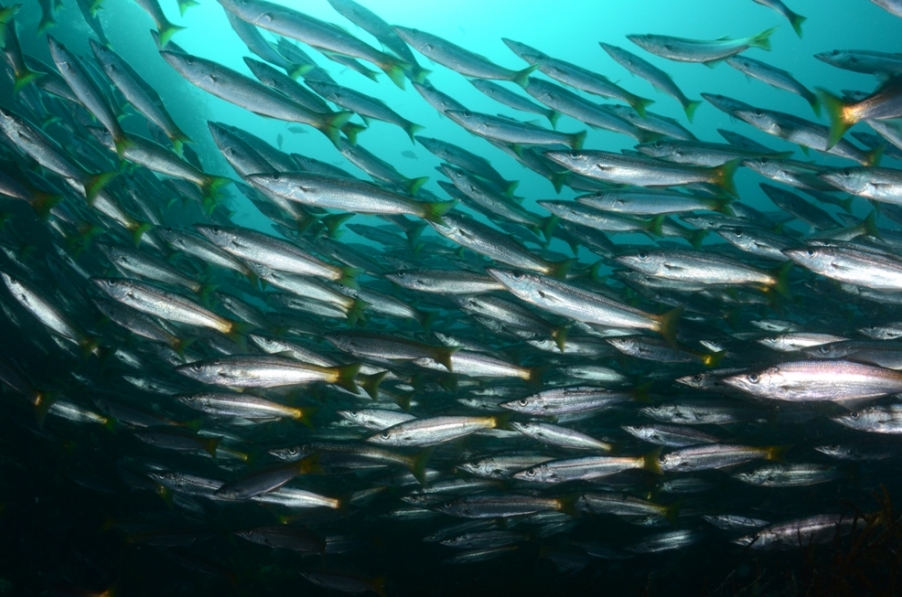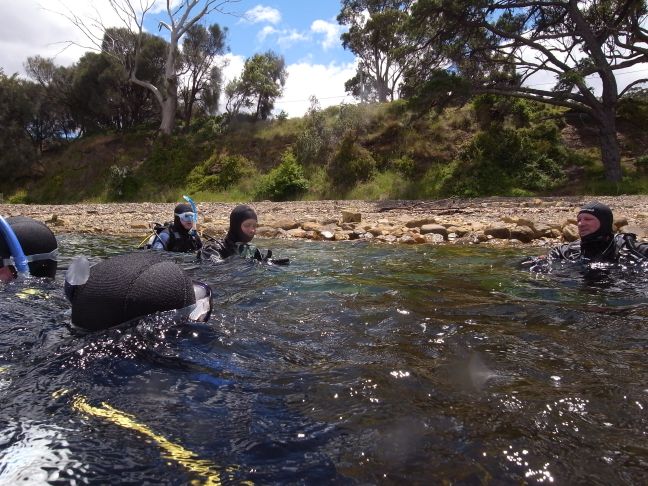Dive Sites
Listed below are the dive sites we've dived, discovered, heard about, or are interested in diving. As club diving increases, so does the information we have on each dive site. Keep coming back and looking through this valuable resource of information as it continues to grow.
Click on the dive site image to view the full information page of each site. Once there, you'll also be able to see the last dive reviews for that particular site, photos of the site, and who has dived it previously.
Dive Site:
Lower Derwent and Storm Bay
Description:
A wide range of dives ranging from Cape Queen
Elizabeth to the Iron Pot
Dive Site:
McGees Bridge
Description:
Located on the Sorell causeway just before Midway
point. The bridge has a number of pylons. Highly
dependant on tide.
Dive Site:
Mistaken Cape
Description:
The Easternmost point of Maria Island. Big and bold -
an awesome dive.
Dive Site:
Mt Gambier
Description:
An area in South Australia with many water
filled caves. The major cave diving location
in Australia.
Dive Site:
MV Lake Illawarra
Description:
On the 5th of January 1975 at 9.27 pm the MV Lake Illawarra,
under the captaincy of Boleslaw Pelc, crashed into the 18th and
19th pylons of the Tasman Bridge bringing down a 127 m span of
the bridge and sinking the ore carrier.
Today the Illawarra rests on the silt under the bridge in 35 m of
water. Light here penetrates down to around 26 m (but a torch is
still essential!) which is conveniently level with the ship deck at the
bottom of the bridge. The bridge itself spans up to 15 m with
numeroues port holes to look into on the way up. The smoke
stacks on top raise up to around 10 m. Moving from stern to bow,
and with some close examination, the ships radar domes and
hoists can be found. The ship itself is home to a surprising amount
of marine life including yellow jewel anenomes, crayfish and
cowfish.
Dive Site:
Ninepin Point
Description:
Ninepin Point is located just to the east of Verona Sands, south
of Hobart. It has an unusual aquatic environment. Cold,
nutrient-rich sea water from the southern ocean is overlaid with
tannin-rich freshwater flowing from the Huon River. Tannins are
leached from the decaying organic matter in the Huon River
catchment. The resulting tea-coloured water reduces the light
levels on the reef. This allows the growth of a fascinating array
of invertebrates, fish and red seaweeds, normally found only in
much deeper water on Tasmania's east coast. Over 100 species of
seaweed have been recorded in the Reserve.









